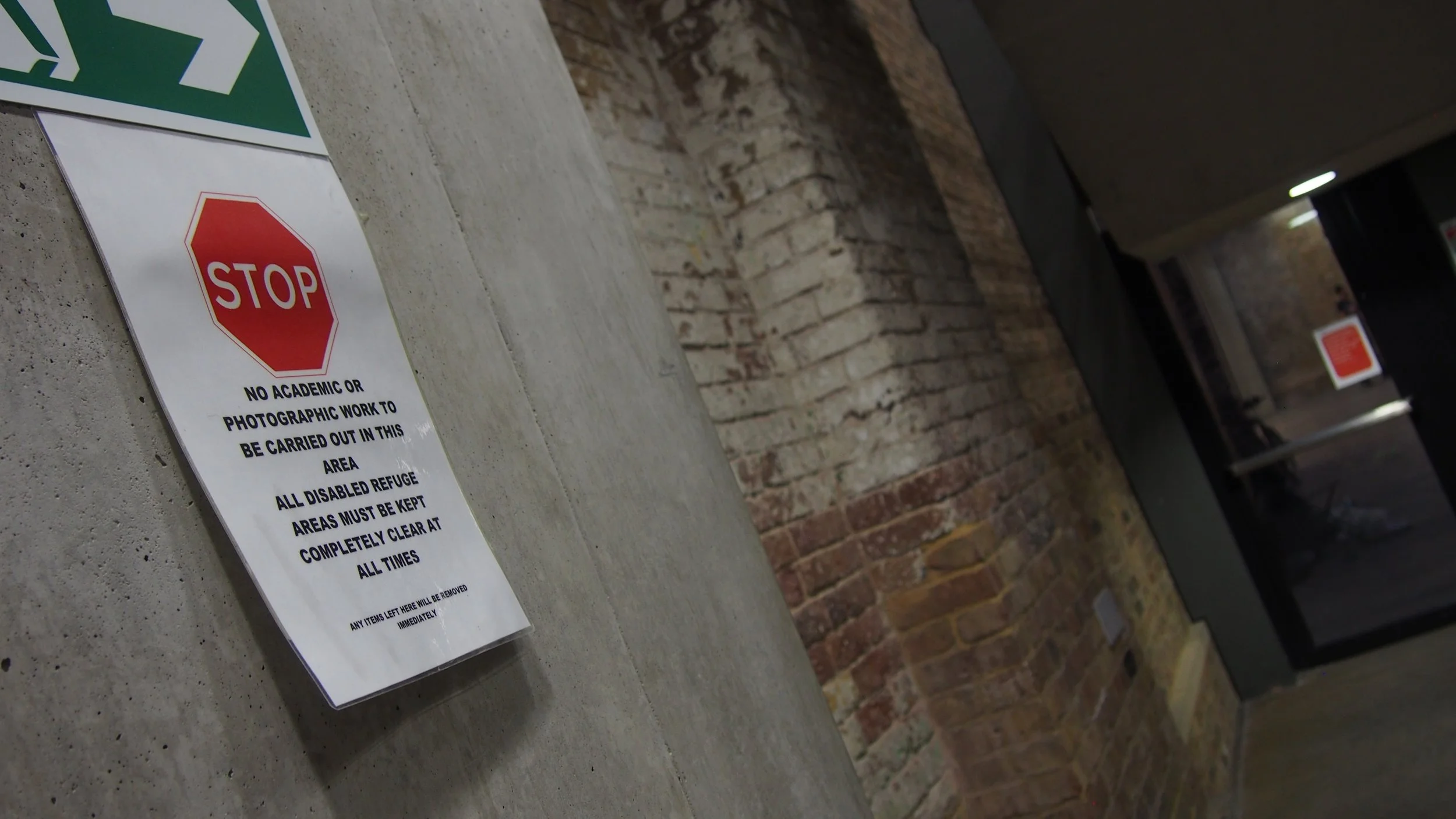December is a challenging month on all fronts – professional and personal – that it can be easy to get lost in all the activity and things to be done and forget to look after yourself. All this month on the blog I’m going to be taking self-care as my inspiration and looking at ways you can look after yourself a little better. I’m going to be sharing ideas for finding energy and preparing for the new year in your creative practice, and suggesting ways to support your mental wellbeing. No matter how much you’ve got going on with work and family this month, the goal is to reach January feeling fresh and ready for the new year, not exhausted and in need of recuperation.
Today I’m looking at a fundamental aspect of enhancing your creativity: incubation
With the solstice only days away, we’re right in the middle of the darkest part of the year and also the busiest. It’s a combination that can easily lead to feeling over-stimulated and over-tired, the adrenaline of trying to get it all done matched with the lack of time we give ourselves to rest or go slowly. It’s obvious how this can affect us emotionally and physically, but how about creatively? In this blog I spend a lot of time wondering about the creative process, and how we can support our creative practices to become as full and expansive as possible. I have come to believe that December is in some ways a natural enemy to creativity, as it is a month that makes so many demands. It expects us to be dynamic and positive, giving so much energy out to others, while not really allowing time and space for us to maintain that energy. So be it. I can’t change December, it will always be this way. But I can change how I respond to these circumstances. So, instead of resisting and feeling annoyed with myself for feeling stretched and tired, I am going to go with it. I am not going to expect anything great from my creativity this month. Instead I am going to take care of it.
So far this month I’ve looked at how important it can be to take time to gather in things that are inspiring, to spend time with other creative people who can connect you to your inner creativity. I’ve also looked at how taking care of the basics, using Sara Milne Rowe’s SHED method, can help you to identify the areas of your physical and mental wellbeing you may need to focus on, to nurture. But December is racing onwards and we’re under a week away from Christmas – I doubt any of us have time for nice trips to inspiring places or chats over coffee with friends. So instead my plan is to not do anything. It’s to just let my creativity idle for a couple of weeks, to incubate.
A quick internet search will show you how much has been written on the link between allowing periods of inactivity, or incubation, and ideas generation or creativity. It’s widely accepted by psychologists that once we have gathered in all the raw material we need for a new piece of work or creative challenge, it’s vital that we let all this material process unconsciously in our brains. This can be done by leaving the task for a while, and doing something else related, or it can be done by completely abandoning any creative task for a bit. During the rest of the year I’d advocate the first approach – picking up a new project or playing around with ideas for something fresh and new. But in December who has time? And so we’re left with option number 2 – complete abandonment – which ticks a lot of boxes as it demands so little.
Instead of seeing this time of year as a fallow period, when nothing is growing at all, I am reframing it to be a period of incubation, when the seeds I’ve already planted are germinating under the soil, preparing to come up later. This part of the process is vital, it can’t be rushed and it shouldn’t be resisted. No point feeling guilty about the lack of creative activity, just accept it, realise that it’s doing good and let it happen.
But, if you start to feel itchy with the ‘not doing’ incubation approach, then why not watch some TED talks which explore ideas of what fosters creativity: how things like frustration, boredom, procrastination and movement can all lead to new ideas.

Grateful for you writing this blog.